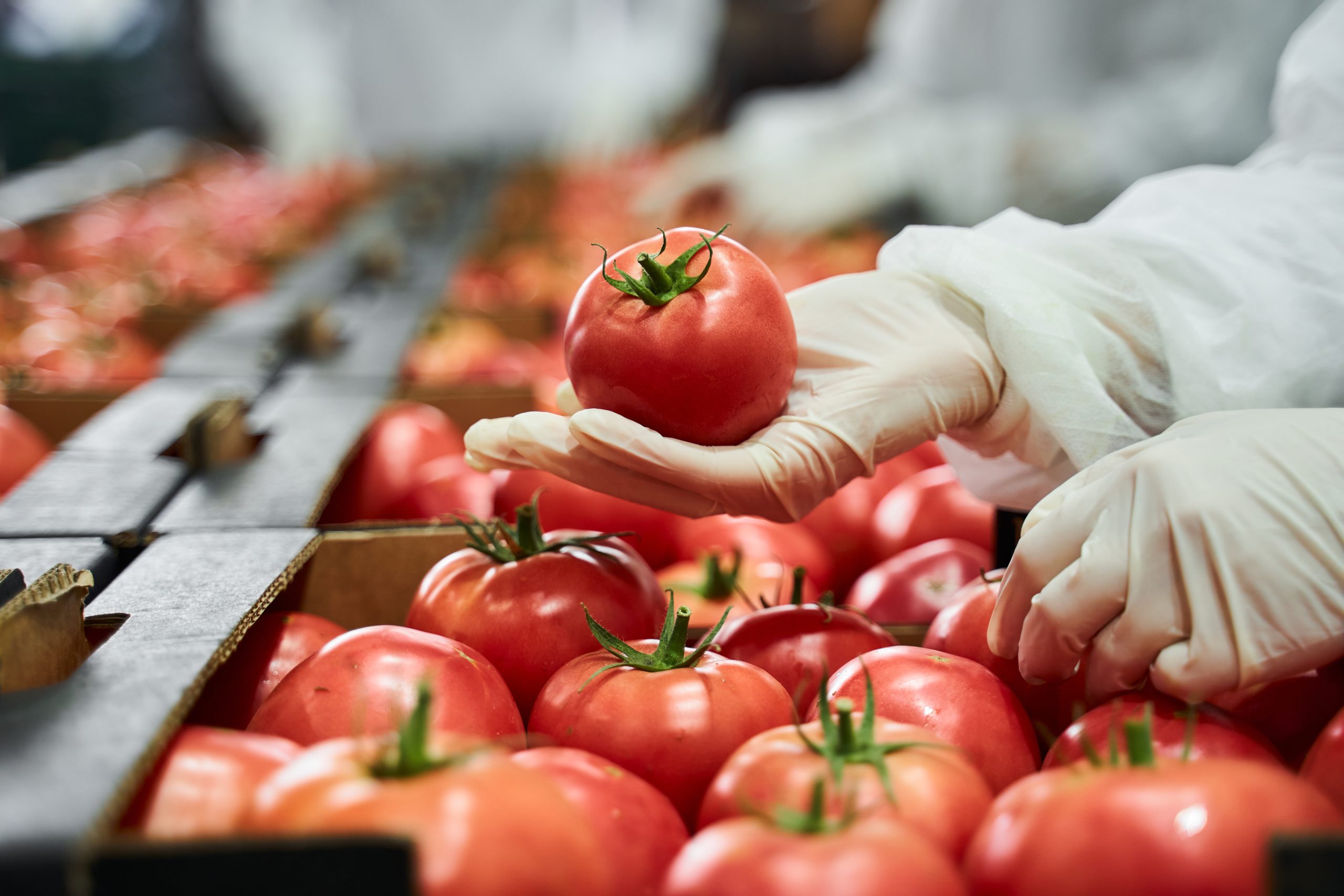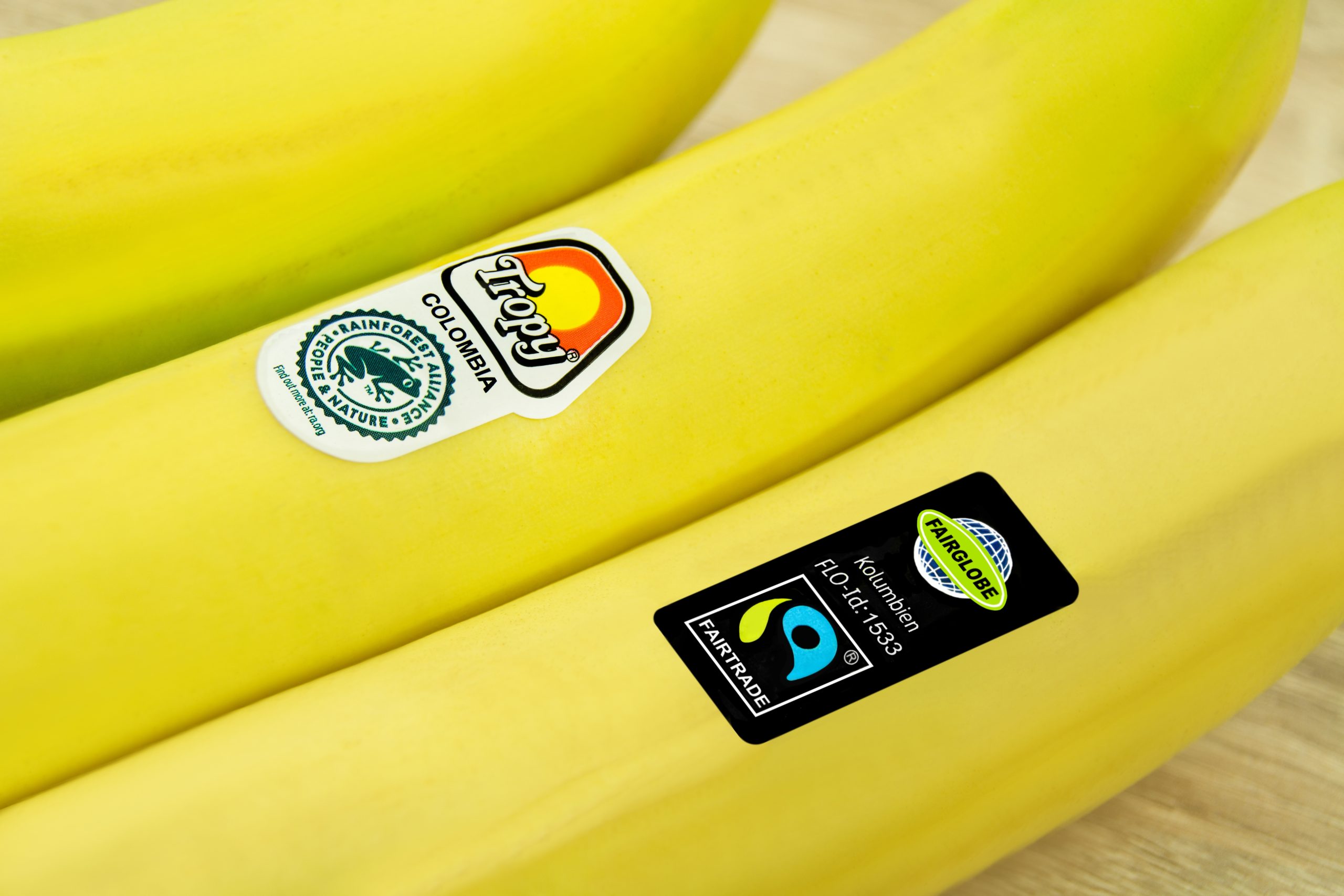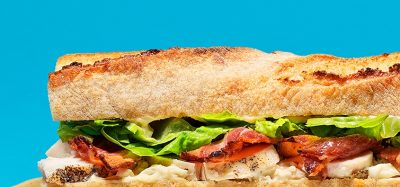Refocusing on quality to strengthen consumer trust
- Like
- Digg
- Del
- Tumblr
- VKontakte
- Buffer
- Love This
- Odnoklassniki
- Meneame
- Blogger
- Amazon
- Yahoo Mail
- Gmail
- AOL
- Newsvine
- HackerNews
- Evernote
- MySpace
- Mail.ru
- Viadeo
- Line
- Comments
- Yummly
- SMS
- Viber
- Telegram
- Subscribe
- Skype
- Facebook Messenger
- Kakao
- LiveJournal
- Yammer
- Edgar
- Fintel
- Mix
- Instapaper
- Copy Link
Posted: 24 July 2023 | Christina Jackson | No comments yet
Christina Jackson outlines how the food industry can rebuild trust among quality-conscious consumers during the cost-of-living crisis.


It’s safe to say that the last couple years have been challenging for the food and beverage industry. There have been labour shortages and supply chain disruptions as a result of the pandemic, changes brought about by Brexit, and an increasingly unstable economic landscape that has put an immense amount of pressure on businesses. Many organisations across the industry have faced difficult decisions and had their operational resilience significantly tested.
Yet, there are few things as universally essential as ensuring a safe and sustainable food supply chain. Building and maintaining consumer trust in the sector depends on it.
So, what are the obstacles that food businesses are considering most impactful to their business? And which are potentially causing them to take their eyes off other risks that can have longer lasting consequences on their organisation and the industry?
Emerging threats in the industry
Research recently conducted by Ideagen explores the top perceived risks for UK food and beverage companies. It also compares data from previous research conducted in 2018 to evaluate how a post-COVID and Brexit world is impacting their daily operations and bottom line.
Our research found that concern over product safety has increased for UK food producers of all sizes since 2018. However, while the number of companies who called it out as a risk factor increased by 10 percent, new emerging risks such as inflation, Brexit and supply chain woes pushed it out of the top 10.
With these new and growing challenges, it’s easy for businesses to take their eyes off other risks that might not only impact food producers’ ability to operate, but also the safety of the food supply chain as a whole. It is positive that more organisations are acknowledging product safety, but the fact it dropped out of the top 10, and only appeared in 27 percent of the risk and uncertainties statements examined, must mean some realignment needs to be done.
The consumer picture
Emerging risk factors such as COVID-19, Brexit and financial instability are diverting energy a direction that is heavily at odds with the findings of Ideagen’s consumer research survey which revealed that, for food purchases, quality is the most important consideration for the general public.
More than half of those surveyed (54 percent) said quality was more important than price when it comes to food, and 56 percent said looking for symbols of assurance such as quality and safety marks is more important when considering food purchases.


A total of 54 percent of those surveyed said that quality was more important than price when it comes to food.
What’s more, when these quality assurance expectations are not met, food scandal events linger in the minds of consumers for decades after. Our consumer survey found that 65 percent recalled the Mad Cow Disease scandal, and 62 percent were aware of salmonella in eggs in the 1980s; and a quarter said these events impacted purchasing decisions and opinions. Despite the clear impact reputational damage can have, it completely disappeared from risk registers between 2018 and 2022.
From a consumer perspective, the safety and integrity of what they put into their bodies is above the cost or value, and if such expectations are not met this can have a long shelf life on public opinion. But the industry is struggling to prioritise it ahead of other risk factors, including the ability to operate. With food fraud and supply chain integrity recently hitting the headlines globally, businesses need to be allowed to focus on quality if they hope to strengthen consumer trust and remain competitive.
Balancing quality and resilience
Food manufacturers are evidently paying more attention to the quality and safety of the product, but balancing risk factors out of their control is naturally proving difficult. So, how can they consider consumers’ need for quality while responding to these new risks?
Ultimately, identifying what consumers specifically look for when it comes to quality assurance can allow manufacturers to direct investment into areas that make the most difference.
Our research found that consumer confidence and purchasing decisions are mainly influenced by respected, formalised and recognised assurances that promise quality, particularly when it comes to food. Food quality symbols are a key factor that shape consumer trust in the food industry, with 55 percent of respondents more likely to pay attention to a quality standard symbol if it’s food related and symbols such as Fairtrade, British Lion Quality and Red Tractor being the most identifiable.


Food quality symbols are a key factor that shape consumer trust in the food industry, according to Jackson.
With new risks emerging every day, it’s easy to revert focus off those other risks that could impact success and consumer trust in the long term. Quality is a prime example of this. However, by gathering nuanced understanding into the drivers of customer quality assurance expectations, businesses can ensure quality, and leave enough breathing space to respond to risks.
Adapting with agility
The resilience of the industry is currently being tested with huge pressures placed on food and beverage companies. Yet, the sector is naturally agile, with a long history of adapting to not only world events, but also shifting consumer demands. By investing in robust quality, safety and supply chain management measures for food products, and directing investment to what matters most to consumers, the sector can continue to innovate, and embrace technology that is able to support them in placing quality at the heart of their operations during this turbulent time.
About the author


Christina Jackson is VP of Product at Ideagen, with rich experience in setting product vision and strategy and building and developing product-focused teams. At Ideagen, she creates the technical vision for Ideagen’s product strategy across its regulation software portfolio that caters to diverse industries including: aviation, aerospace, government, life sciences and pharmaceuticals to name a few. She previously worked at the British Standards Institution, the UK national standards body, for six years in product management.
Related topics
Food Security, Recruitment & workforce, Regulation & Legislation, retail, Supermarket, Supply chain, The consumer, Trade & Economy








